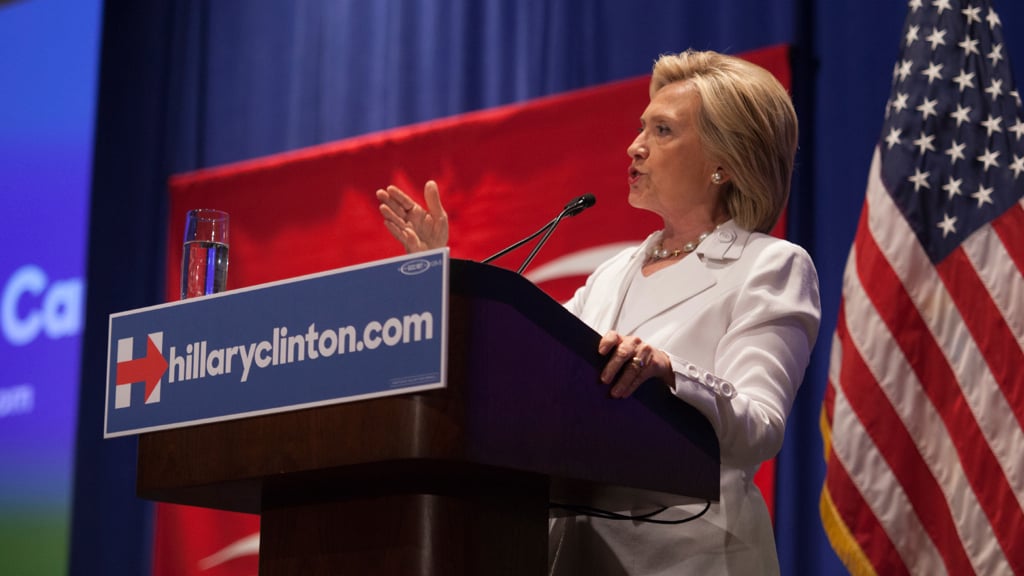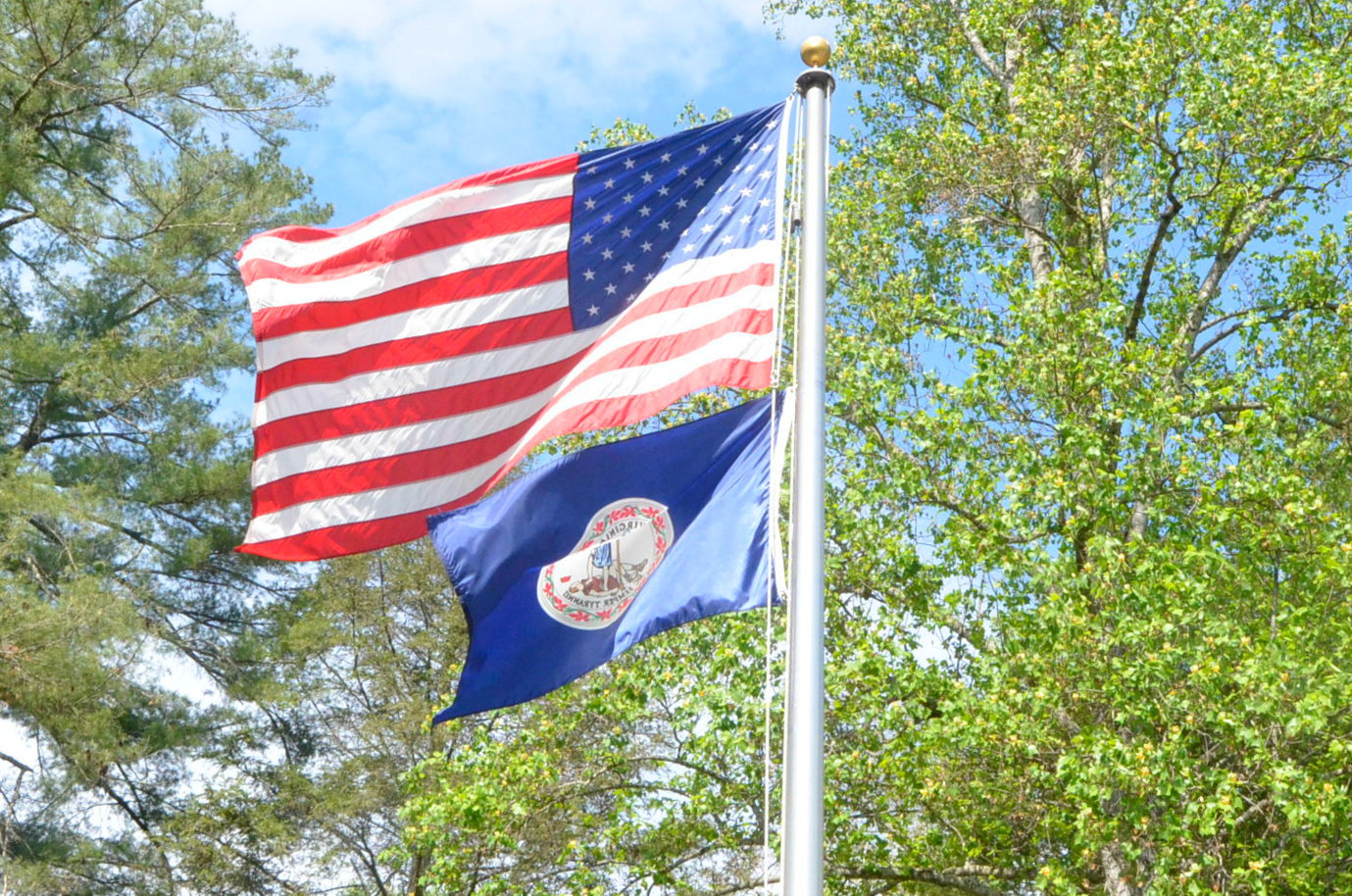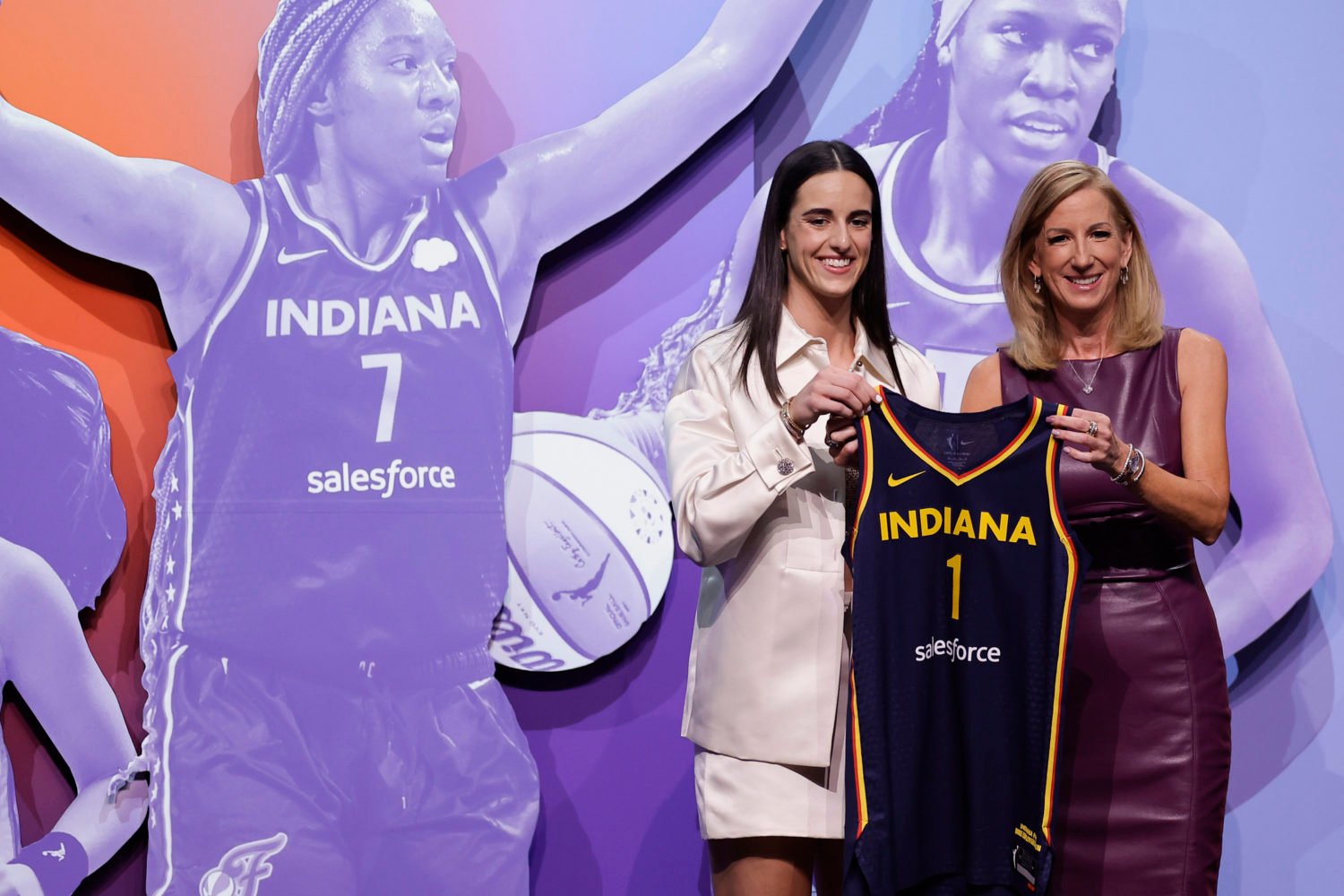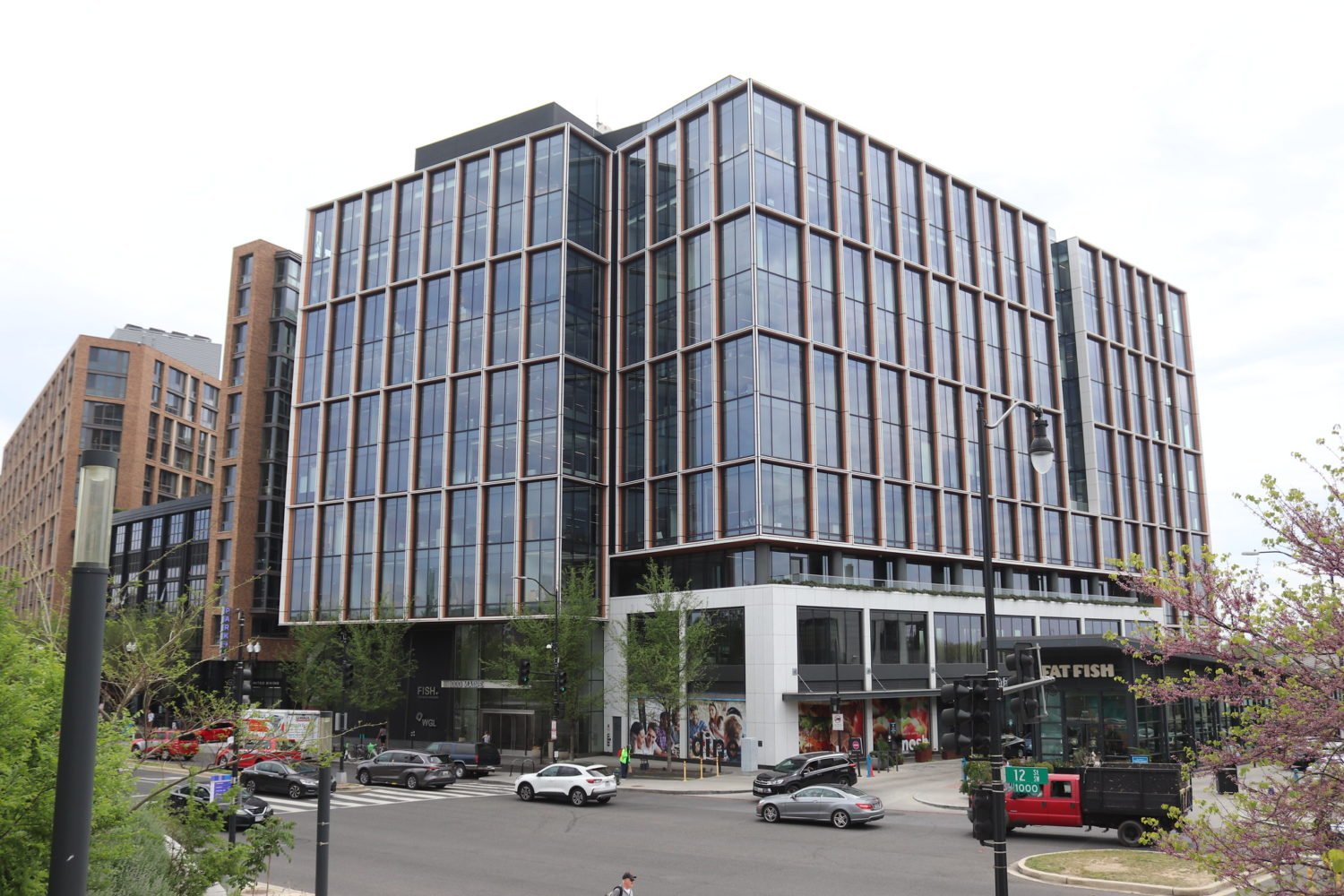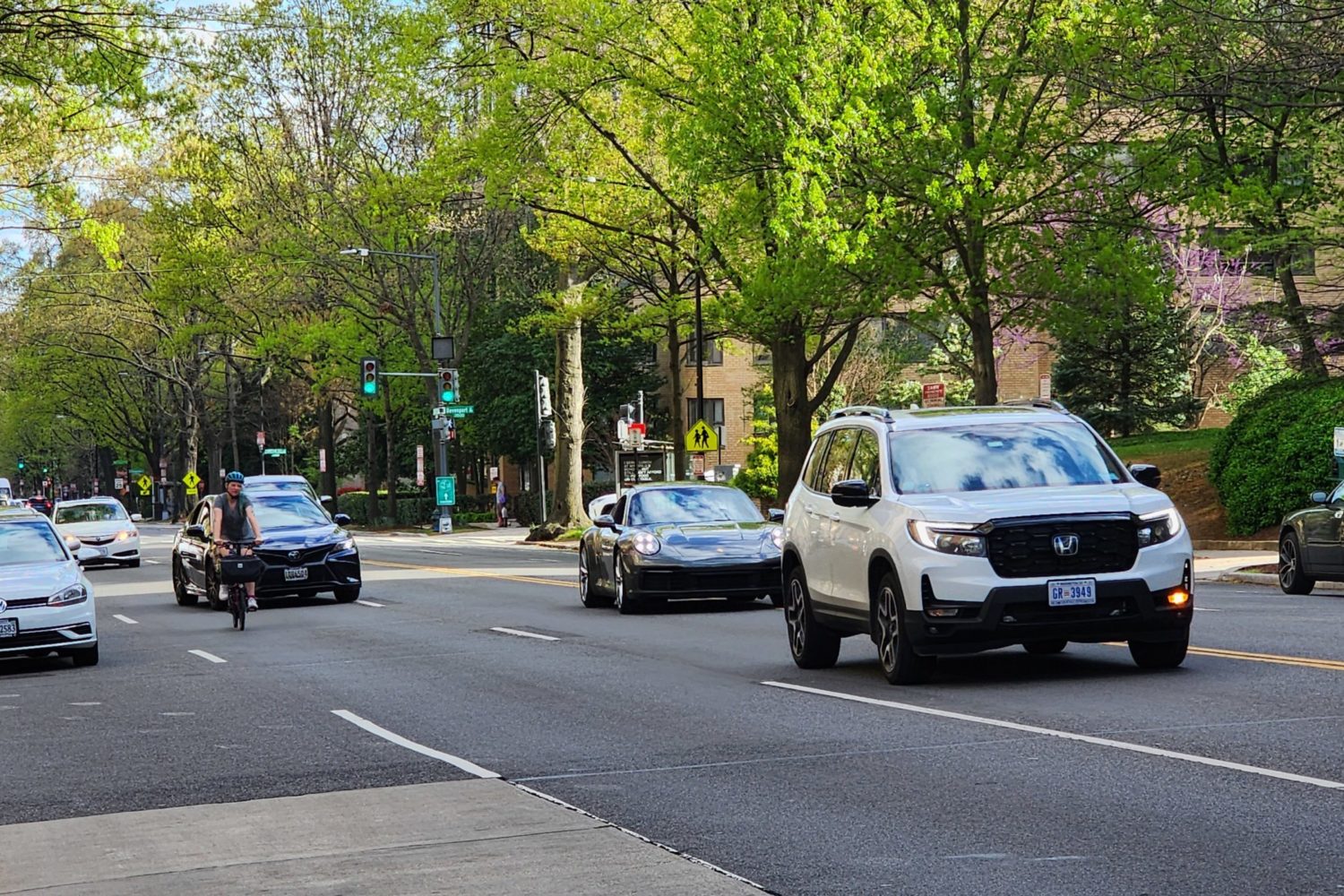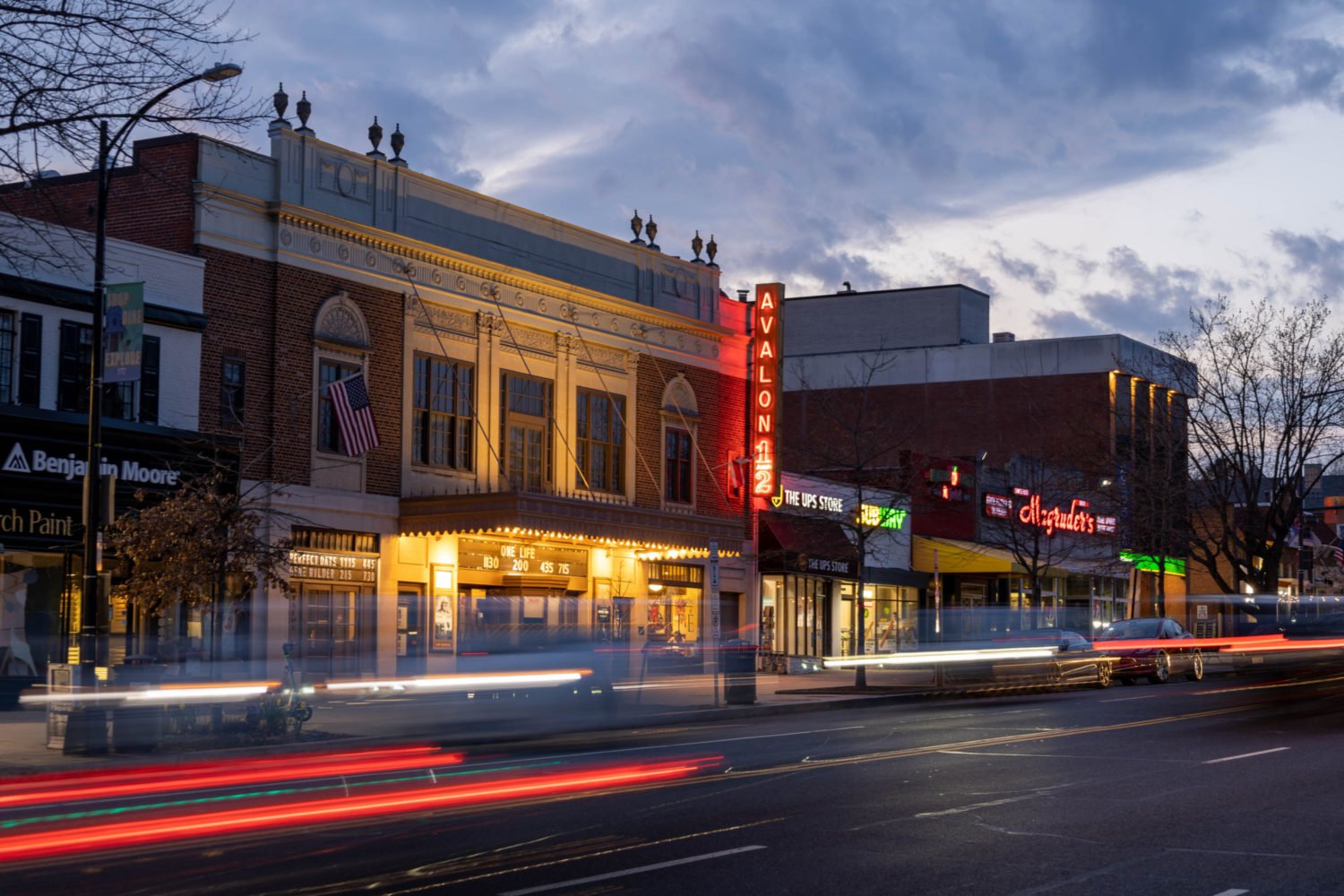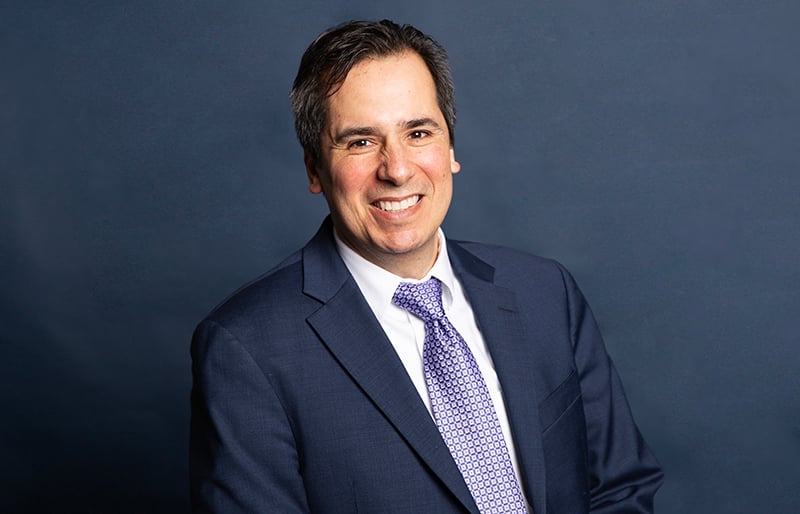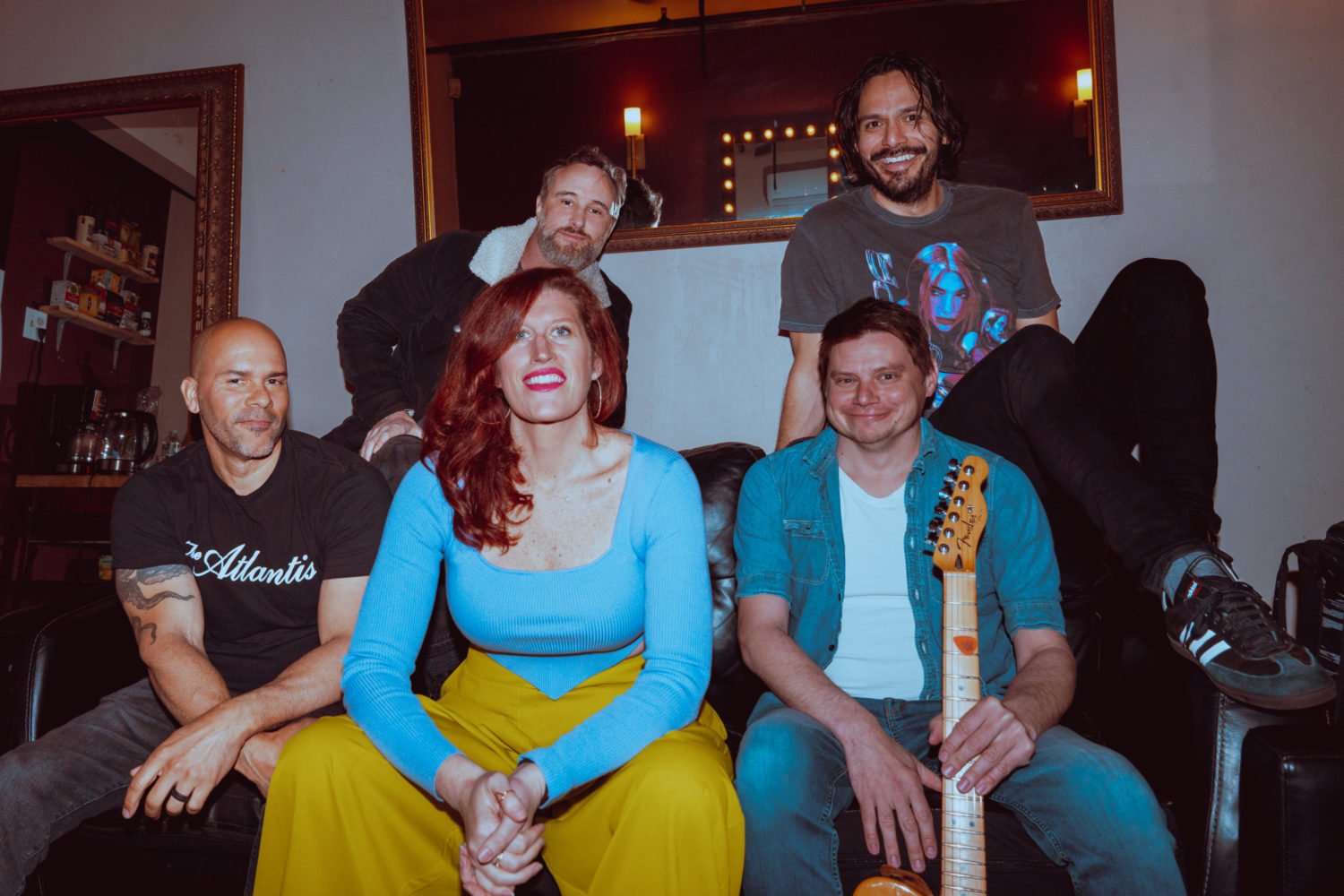An op-ed in the current issue of the Washington Informer from Democratic presidential candidate Hillary Clinton reads that she’ll be a “vocal champion” of the movement to make the District the 51st state if she’s elected.
The article in the Informer, a weekly paper that serves Washington’s African-American residents, addresses a 2013 Supreme Court decision that overturned critical pieces of the Voting Rights Act, a voter-identification law in North Carolina, and Virginia Governor Terry McAuliffe‘s recent decision to allow more than 200,000 former prison inmates to vote. But it ends with an extended argument for DC statehood, coming a little more than a month before the District’s last-in-the-nation primary on June 14, when Democratic voters allocate the final 20 unpledged delegates in their party’s nominating process.
“Lacking representatives with voting power, the District of Columbia is often neglected when it comes to federal appropriations,” the op-ed reads. “Many of the District’s decisions are also at the mercy of right-wing ideologues in Congress, and as you can imagine, they don’t show very much of it. Everything from commonsense gun laws to providing women’s health care and efforts to cut down on drug abuse has been halted by Republicans, who claim the District is an exception to their long-held notion that communities ought to be able to govern themselves.”
Clinton is far ahead in the overall delegate count with 2,240, compared to Senator Bernie Sanders‘s 1,473, and will almost certainly reach the 2,383 needed to clinch the nomination before DC votes next month, but the self-described democratic socialist from Vermont has said he will contest every primary that remains. But the District has all the makings of another rout for the former Secretary of State, who trounced Sanders by nearly 20 percentage points in both Maryland and Virginia, and has beaten Sanders handily among black voters, making the Informer an appealing venue in DC race. Mayor Muriel Bowser has also been trying to raise the statehood cause’s visibility with a general-election ballot initiative and a draft of a state constitution
The op-ed doesn’t mention Sanders, attempting instead to contrast Clinton’s stance on DC statehood with that of presumptive Republican nominee Donald Trump, quoting his March interview with the Washington Post editorial board in which he called statehood a “tough thing” that he didn’t “have a position on yet.” (Despite the Trump’s statement last September on Meet the Press that he’d do “whatever’s best” for the District.)
“Well, I think what’s been tough for the District is having virtually no say in its own affairs for decades,” Clinton writes.
While Democrats at the national level are traditionally more favorable toward DC statehood than Republicans, it hasn’t exactly been an issue the Democratic Party has been as “vocal” as Clinton now says she will be. Statehood first appeared in the Democratic Party platform in 1988, but disappeared after 2000. District officials failed to add it back to the 2008 and 2012 platforms.
Clinton’s campaign says statehood is as much a broader civil-rights issue as it is a local concern, but would not say if she would push to put it back on the platform at this summer’s Democratic National Convention. In 2007, while she was a senator from New York, Clinton was a co-sponsor of a bill—that ultimately failed—that would give DC a full vote in the House of Representatives.
Even though Clinton is trying to pit statehood as an issue to contrast herself from Trump, it may be an area where Sanders can peel off a few votes in the DC primary. Last July, he became a co-sponsor of the New Columbia Admissions Act a (moribund) bill that would make the District a state.

